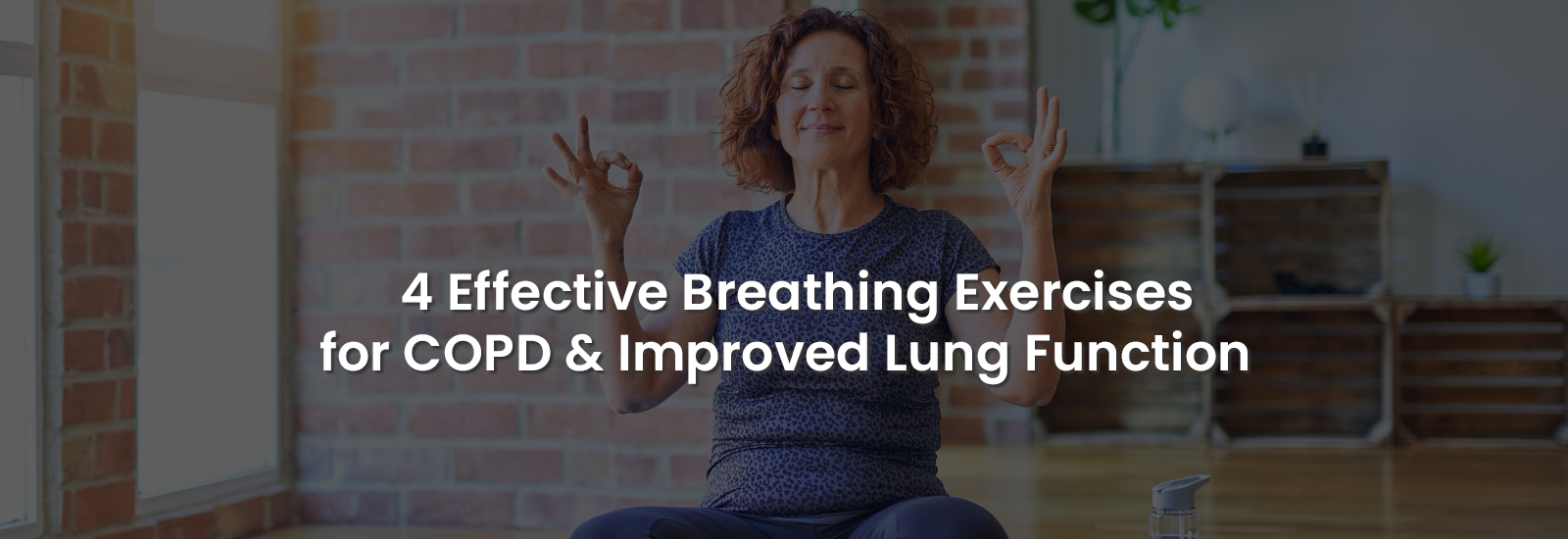
Effects of Air Quality on Seniors
The Environmental Protection Agency (EPA) reveals that most Americans spend an average of 90% of their time indoors. Older adults also spend more time indoors due to mobility issues, health concerns, or to avoid cooler weather or seasonal allergens. According to the findings of the EPA, the presence of pollutants can be up to 2-5 times higher indoors than outdoors. The primary indoor air pollutants are as follows:
- Mold from indoor humidity, leaks, wet carpet, etc.
- Formaldehyde from bedding, clothing, hardwood, tiles, stoves, etc.
- Pesticides from pest control poisons and lawn chemicals
- Heavy metals from paint, tobacco, and dust
- Harmful byproducts from furnaces, chimneys, gas appliances, etc.
- Phthalates from shower curtains, vinyl flooring, food packaging, toys, personal care products, etc.
When indoor air quality is compromised, it can have a more serious impact on their health than occasional sniffles and coughs. The presence of harmful gases such as common household cleaners and formaldehyde from furniture or plywood can put them at risk of COPD and heart problems. On the other hand, exposure to pollutants and poor indoor air quality can inflame the airways and nasal passages, causing breathing issues.
How to Help Seniors Breathe Better
Prevention is key to maintaining respiratory health. For seniors suffering from shortness of breath or respiratory issues, one can follow these suggestions to help them breathe easier.

1. Maintain a clean environment
Along with the prescribed therapies and medications, keep their room and indoor settings as clean as possible. A clean and hygienic environment can help reduce the risk of infection by improving air quality.
Here are a few things that you can do to ensure their surroundings remain clean:
- Keep frequently touched surfaces like doorknobs or sidebars clean.
- Check the ingredient list of cleaning supplies to avoid any substances that can trigger a COPD flare-up.
- Ask them to wash their hands frequently or to use hand sanitizer while following correct instructions.
- Dry air can lead to dry sinuses and other respiratory issues. Use a humidifier that can add moisture to the indoor air and eliminate dust particles.
- If a visitor is sick, tell them not to visit.
- Wear a mask if stepping out
Also, limit their exposure to the common COPD triggers such as cigarette smoke, molds, dust, gas cooking fumes, insecticides, hairspray, perfumes, etc.
2. Practice deep breathing exercises
Breathing exercises, particularly yoga, are excellent for improving the function of the lungs and the entire respiratory system. Yoga helps improve movement in the chest and the spine. Therefore, it enhances the flexibility and strength of the respiratory muscles and helps the diaphragm to expand, allowing enough air to enter.
Diaphragmatic breathing, alternate nostril breathing, 4-7-8 breathing, pursed lip breathing, etc. are some of the easiest and most effective breathing exercises for seniors. Make sure to consult a doctor before trying any new exercises.
3. Get adequate hydration
Every year, almost 17% to 28% of older adults in the United States suffer from moderate to severe dehydration. Dehydration can harm respiratory health as it thickens the mucus present in the body. Thus, thickened mucus can slow down the respiratory rate, resulting in breathing problems. Also, adequate hydration contributes to building a stronger immune system which can ultimately keep the flu or Covid-19 viruses at bay.
The general guideline for seniors is to drink at least 8 ounces of fluid per day. To ensure hydration, include water-dense fruits and vegetables in their diet such as watermelon, tomato, cucumber, grapefruit, lettuce, and celery.
Read More: A Healthy Lifestyle Plan for Seniors
4. Change sleeping position
The way we sleep at night determines a lot about our health. Some sleeping positions can have a negative effect on the respiratory system. Try to maintain sleeping positions that allow the airways to function at full capacity to improve the flow of oxygen.
Try to avoid resting on the back as gravity forces the tongue to collapse into the airway, increasing the risk of blocking a person’s breathing. On the other hand, do not sleep on the stomach as it can lead to other health issues such as herniated discs or a poor digestive system. Try to sleep on the side as it keeps the torso and legs straight. Therefore, it keeps the airways open and free of obstructions.
5. Improve posture
Although age-related changes to posture are common, it is crucial to maintain and even improve posture to maintain a healthy respiratory system. Incorrect posture can hinder the work of the sternum, diaphragm, and other abdominal muscles responsible for maintaining breathing. Correcting posture means giving the diaphragm more room to do its job.
Try exercises such as stretching, lunges, shoulder rolls, chick tucks, etc. to improve posture.
6. Bring about healthy changes
In addition, incorporate the following healthy changes into their routine to improve their respiratory health.
- Avoid smoking as it can make the air passageway shrink over time, leading to an increased breathing rate.
- Follow a healthy diet that includes antioxidant-rich foods like oranges, berries, peppers, broccoli, yogurt, etc. that can reduce inflammation in the airways and boost immunity.
Summing up
These preventative measures can help the elderly prevent serious breathing difficulties or respiratory illnesses. However, breathing issues can escalate quickly and can be fatal if left untreated for long. Seek help if seniors are having trouble breathing in order to identify the underlying cause and begin treatment immediately. Contact your nearest EliteCare Health Centers and schedule an appointment with our board-certified physicians to get the best medical care for your senior family members.






